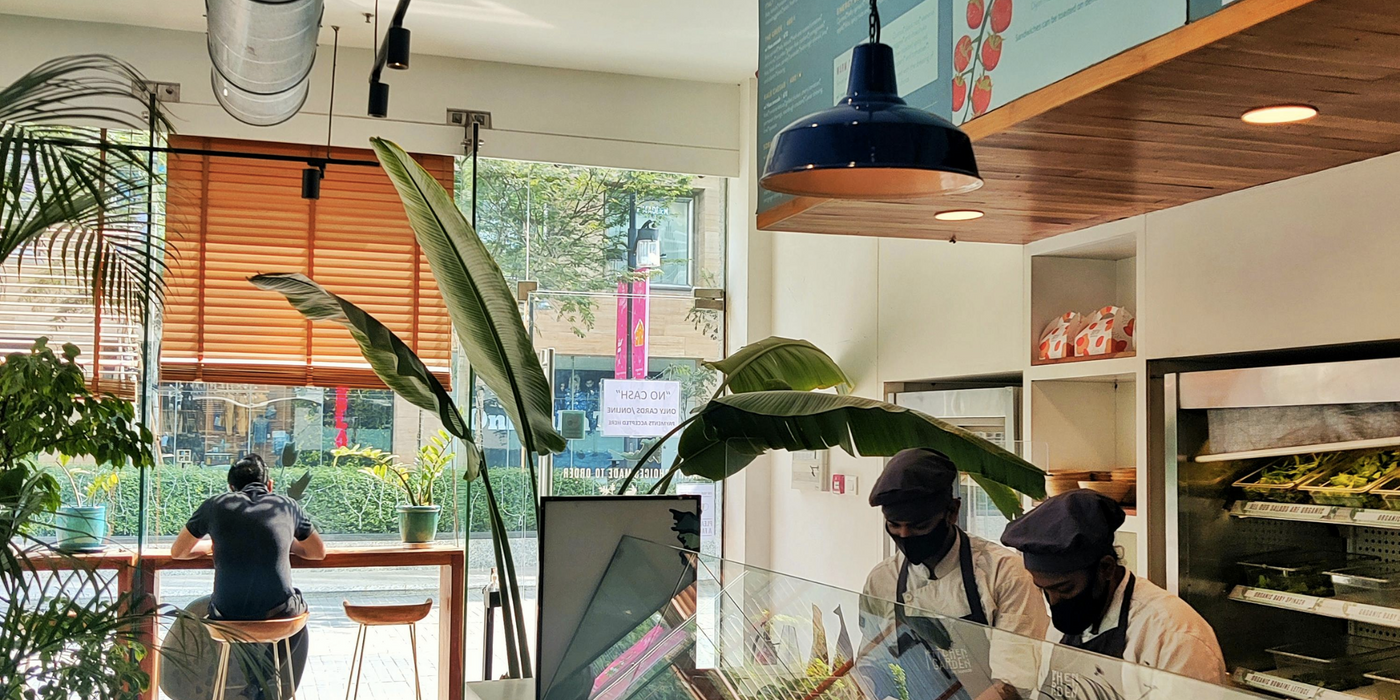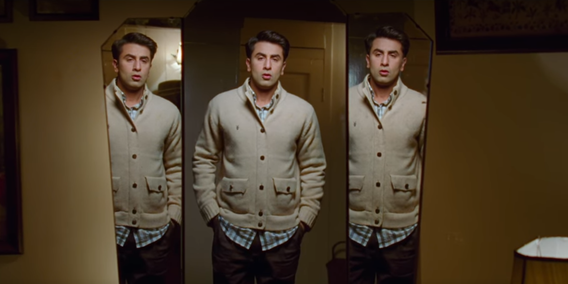Relocating and Redefining Yourself: Priya’s Story of Identity After Moving
When Priya first learned she’d be moving to Mumbai for her husband Raj’s job, she felt something stir in her—a pulse of excitement. A new city meant new adventures: bustling markets, spicy street food, and the vibrant chaos of India’s largest metropolis.
But as she packed up her life in Delhi and said goodbye to familiar faces, a quiet unease followed her. What would life in this new city actually look like? And more quietly—what would her role be?
Priya had always been independent. As a marketing consultant, she thrived on projects and deadlines. But Raj’s new role came with a promotion, and she wanted to support him. So she took a break from work, just for a while, to settle into Mumbai.
And that’s when it hit her.
When she arrived in the city, the initial excitement dulled. Without her routine, her job, or her community, she began to feel untethered. Days stretched long. Her sense of self, once sharp and purposeful, began to blur.
Research shows that major life transitions often bring shifts in identity, leading to emotional and psychological stress. Nancy Schlossberg’s Transition Theory calls these ‘non-event transitions’—where what you expected never materializes, and you’re left adrift in a version of your life you didn’t fully choose.
For Priya, that meant becoming “Raj’s wife” in a city she didn’t yet belong to.
Loneliness followed. She missed the intimacy of proximity—friends who dropped by unannounced, a sister who lived across town, familiar chai spots. In Mumbai, everything felt distant. Even phone calls home began to feel like echoes from another life.
Loneliness after relocation isn’t just emotional—it’s biological. Studies show it can spike cortisol levels, reduce immunity, and impair sleep. Priya felt all of it. In therapy, she learned to name the feeling of loneliness and start addressing it.
One afternoon, restless and desperate for connection, Priya stumbled upon an expat group hosting a meetup in Bandra. She hesitated. Then, she went.
At the café, she met women from around the world—each with their own story of displacement. A South African mother. A Japanese yoga teacher. Each had battled the ache of disconnection. Each had made it through. Their stories didn’t fix everything, but they stitched something back together in her. She wasn't alone.
That moment shifted something.
Priya began to build a new rhythm. Morning walks on Marine Drive. A photography class she never had time for in Delhi. Local markets. Spontaneous friendships. Slowly, her life expanded beyond her husband’s title.
As months passed, she was no longer “just Raj’s wife.” She was Priya—the woman who noticed light through bougainvillaea, who caught sunsets by herself, who made a life out of the unfamiliar.
Self-concept research supports this: identity isn’t lost—it’s reformed. When roles disappear, we grieve them. But we also have a chance to rewrite the story.
One evening, Raj said quietly over dinner, “You seem happier. I was worried about you.”
She smiled. “I think I’m finding my way.”
Relocating for love didn’t just shift cities. It shifted her. And in that shift, she found something quietly radical: the ability to begin again. To be redefined. To find joy, even when nothing feels familiar.
Looking for Tools to Rebuild Connection and Confidence?
What Happens After Hello? is our favourite way to spark real conversations, and Sunny Side Up offers gentle reminders for the days you forget who you are.







